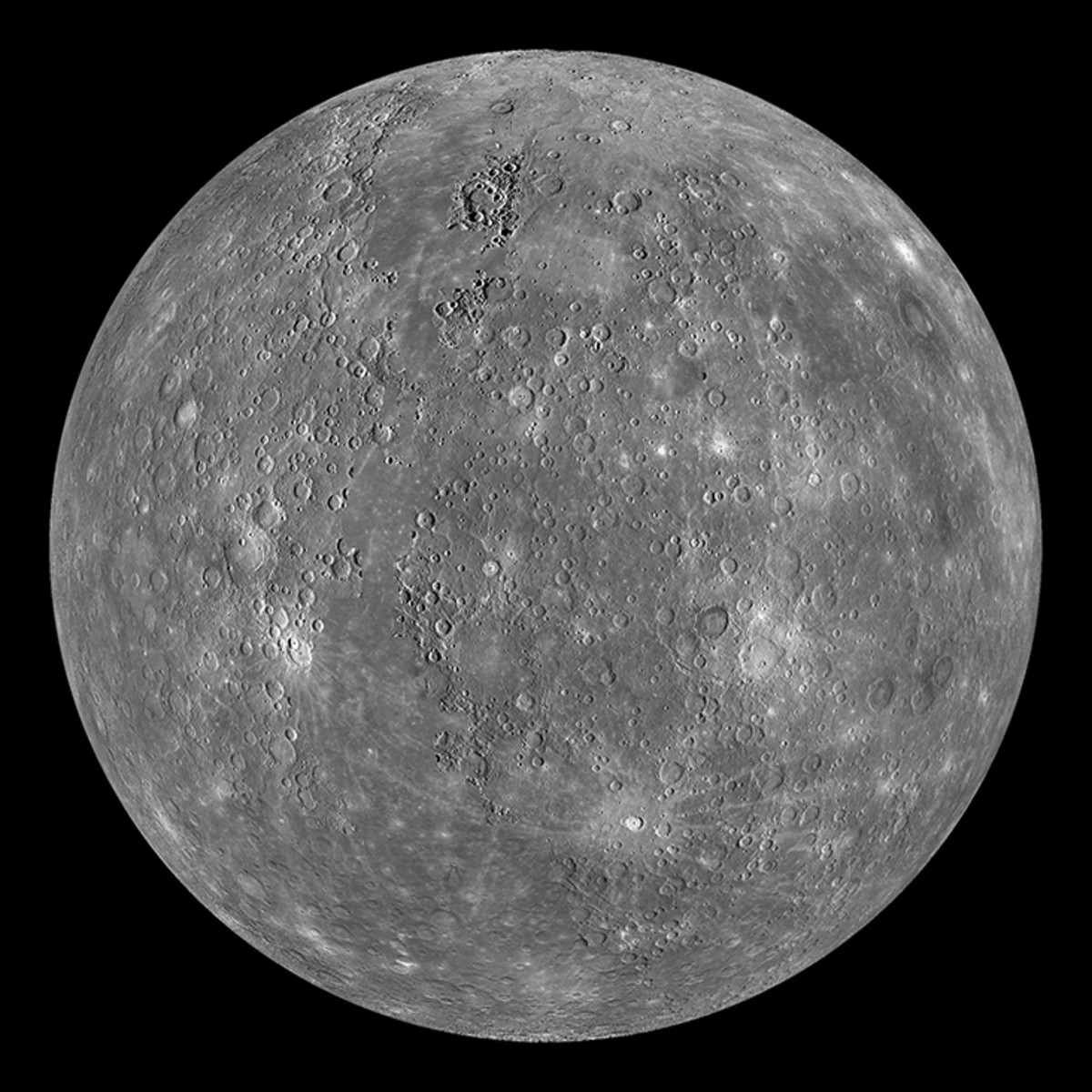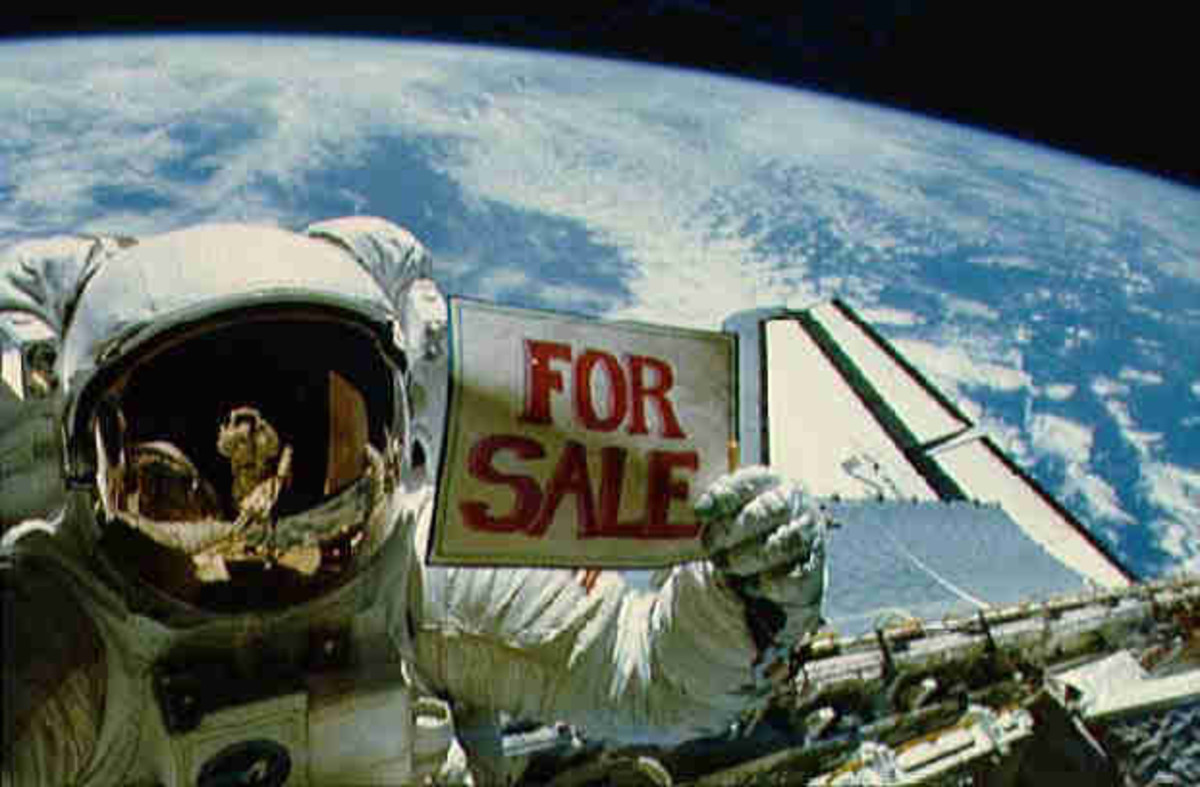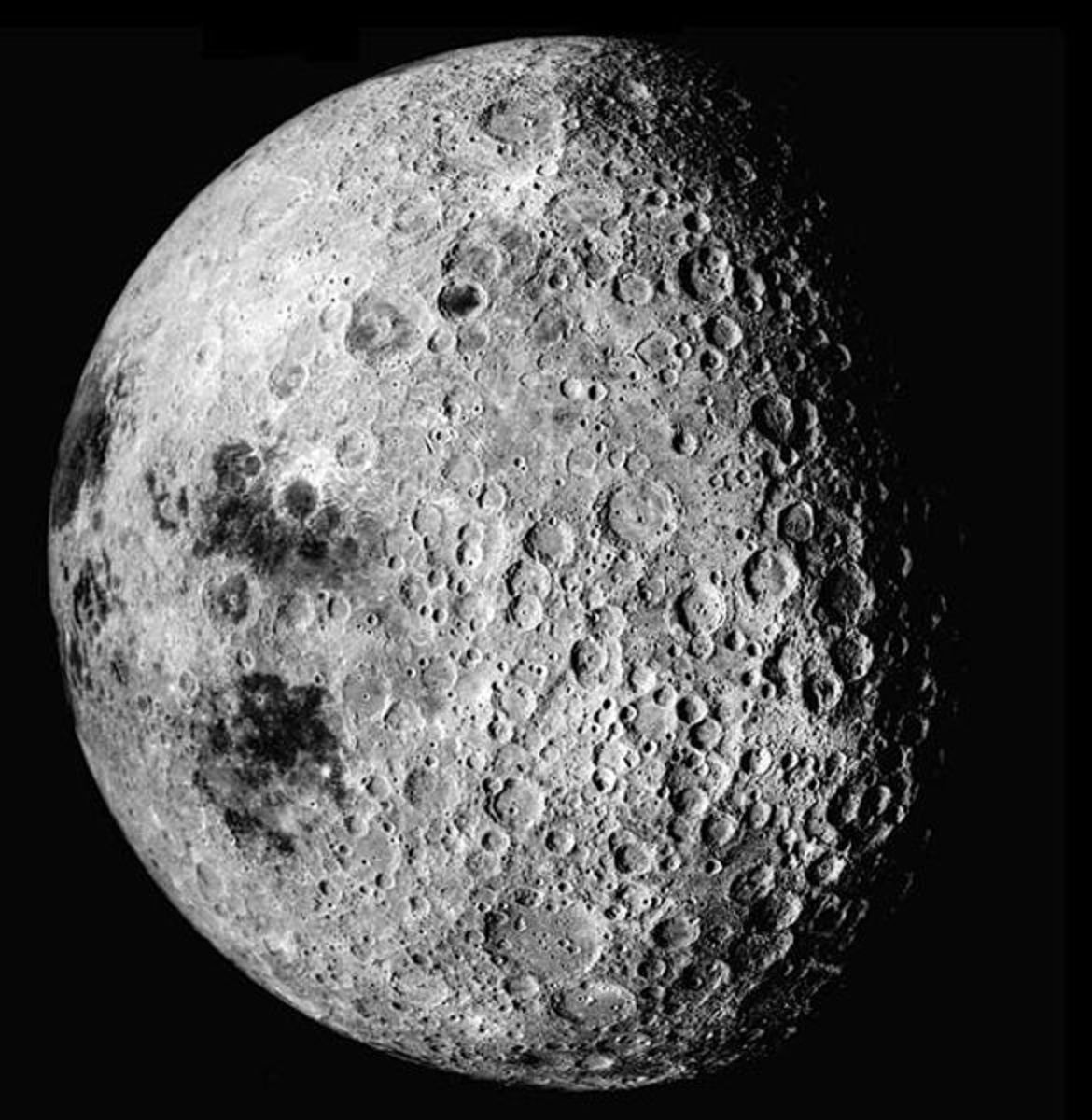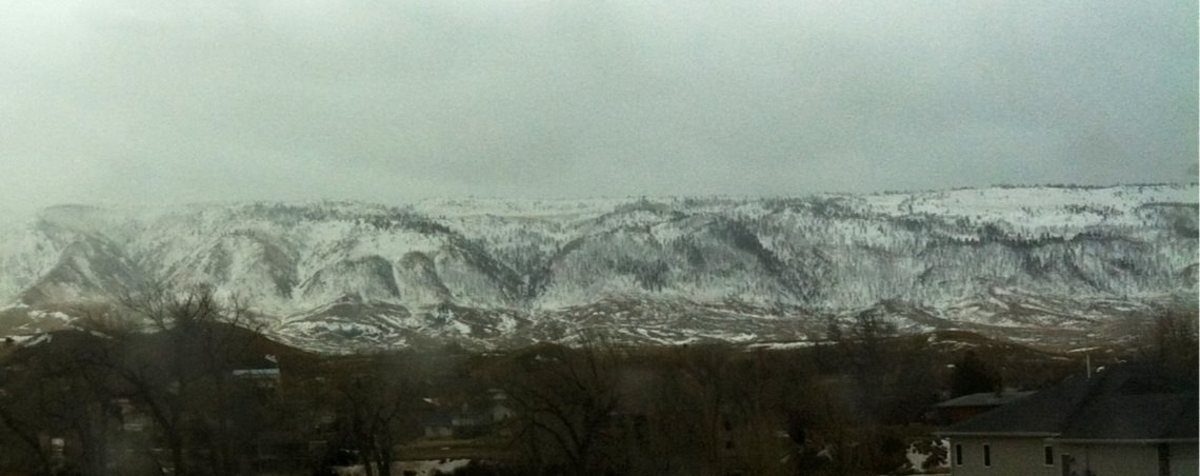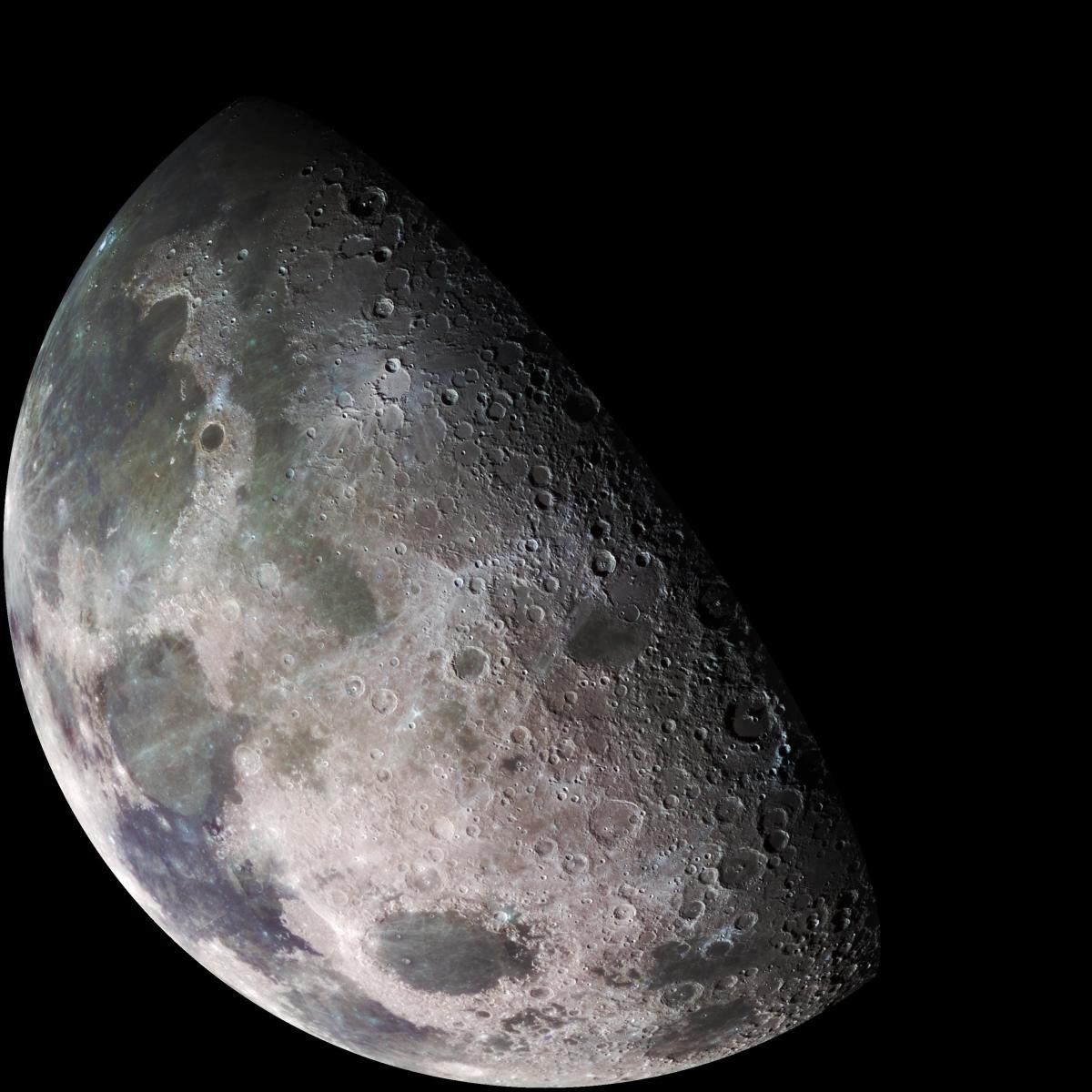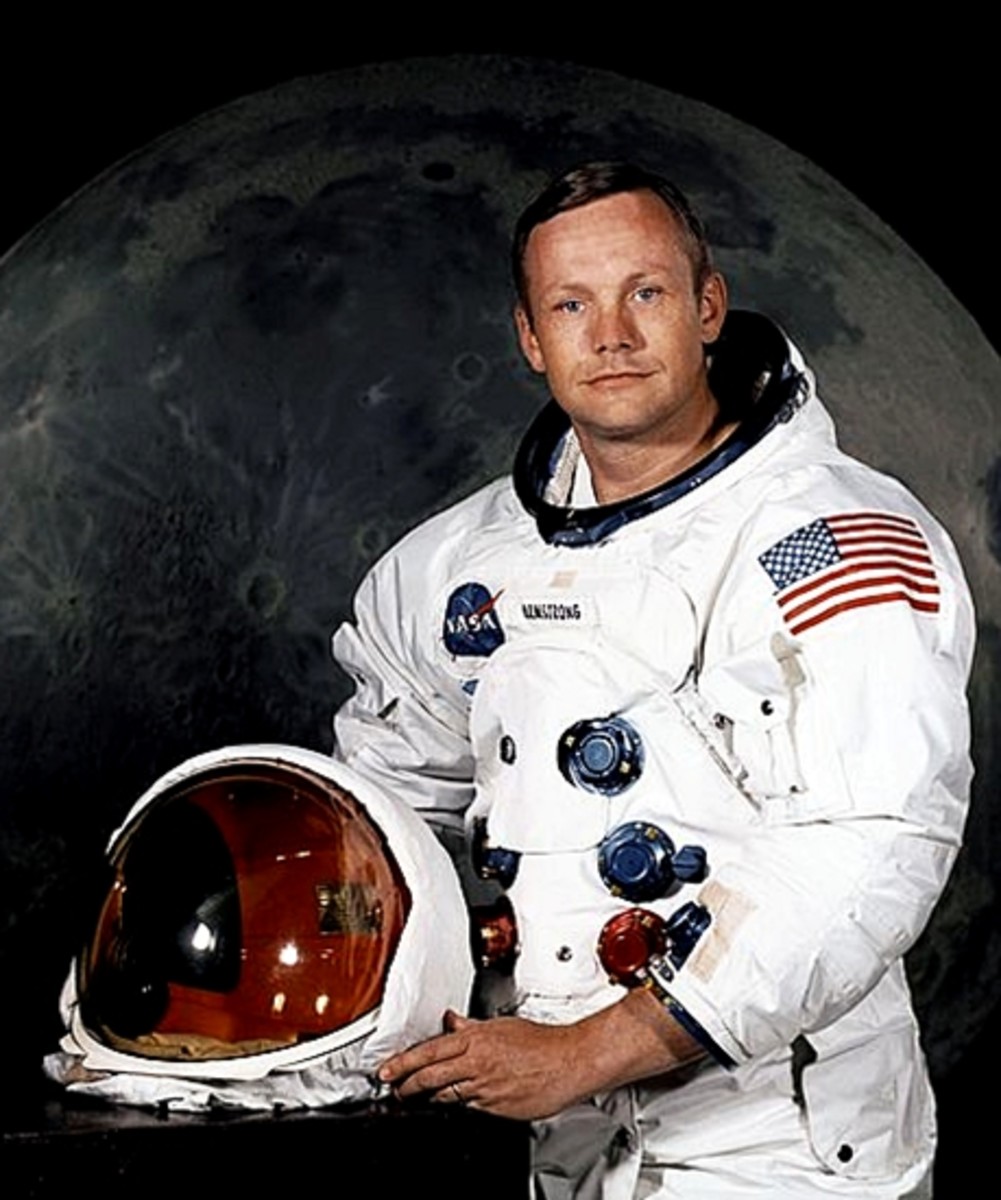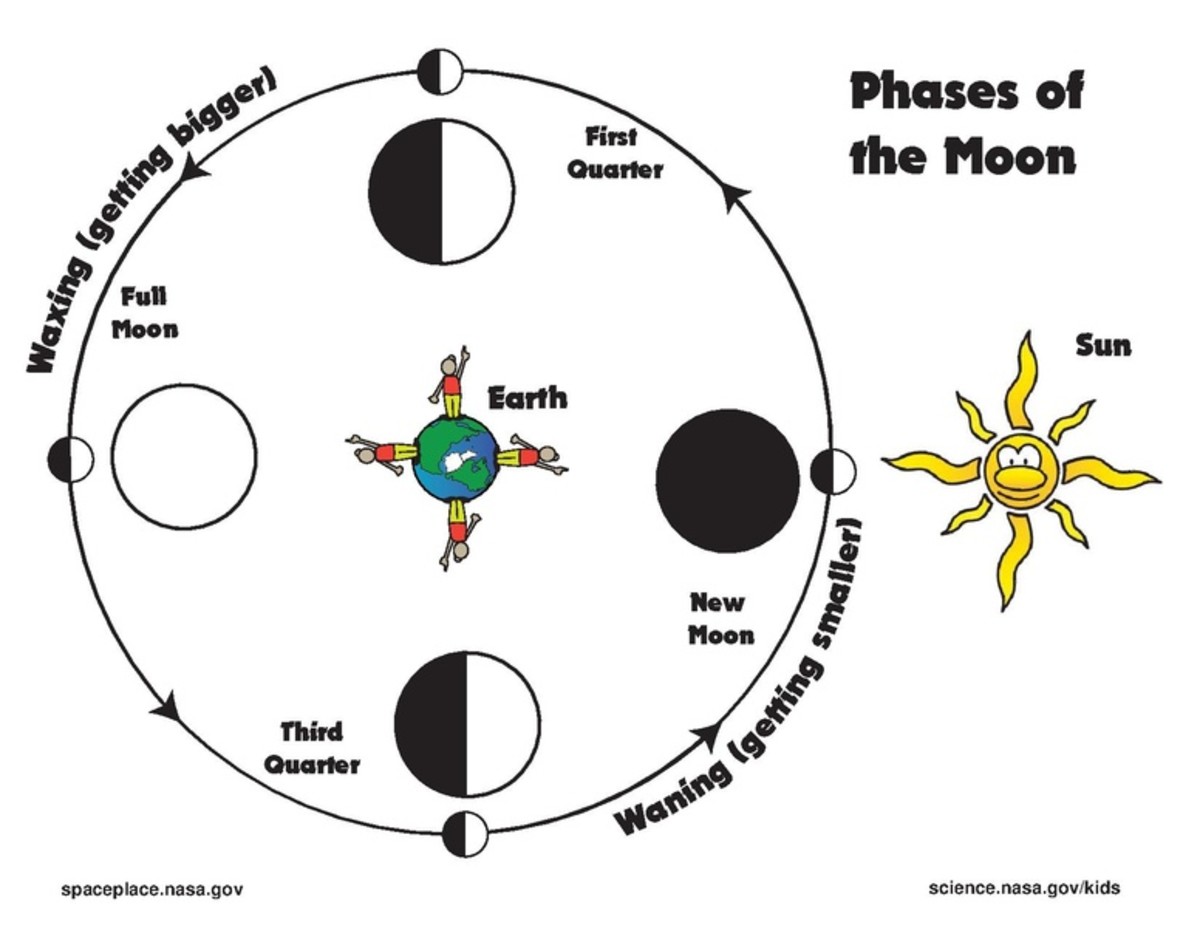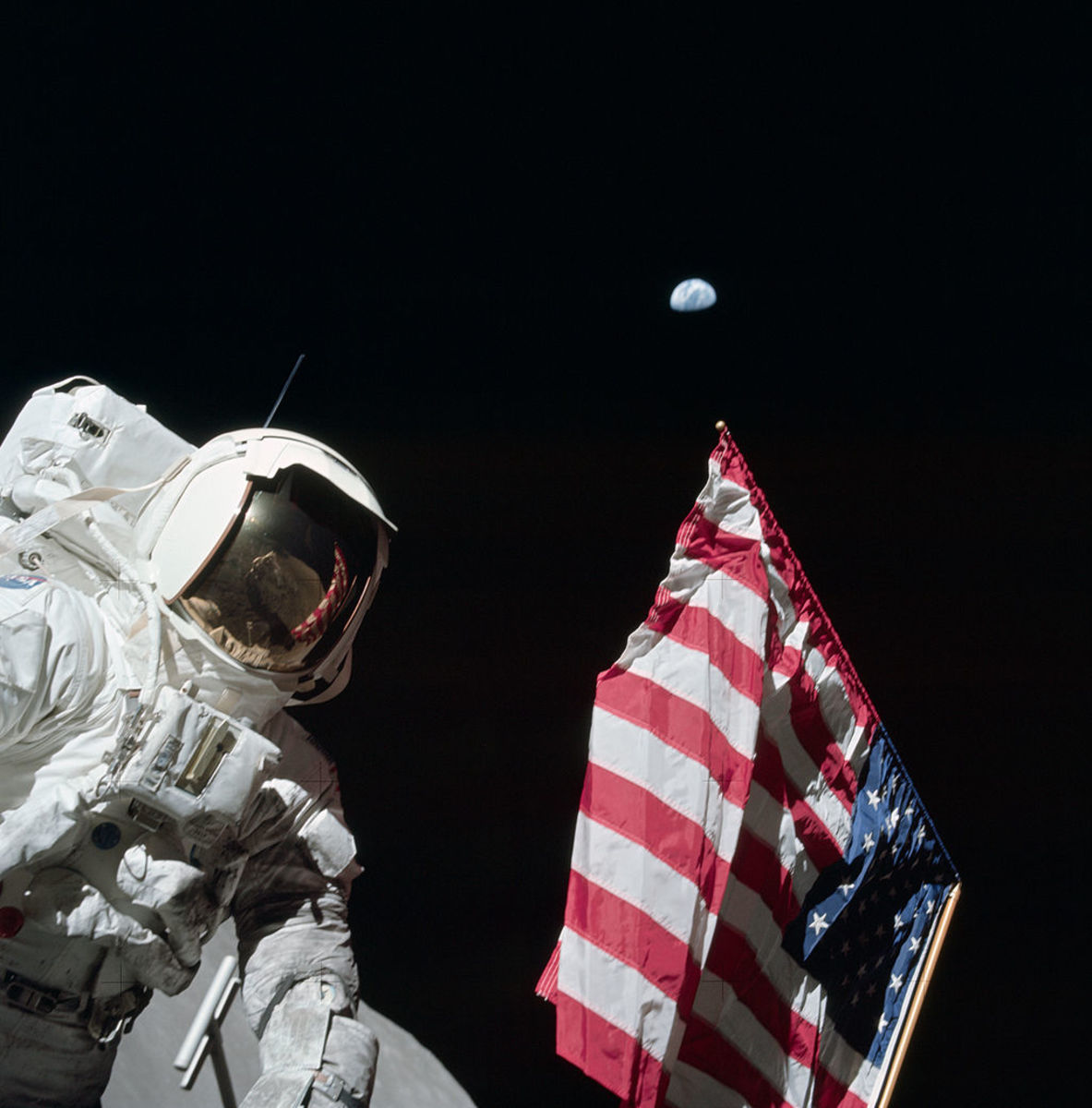Spaceship Earth, Meet the Neighbours, "The Man in the Moon"
Our companion
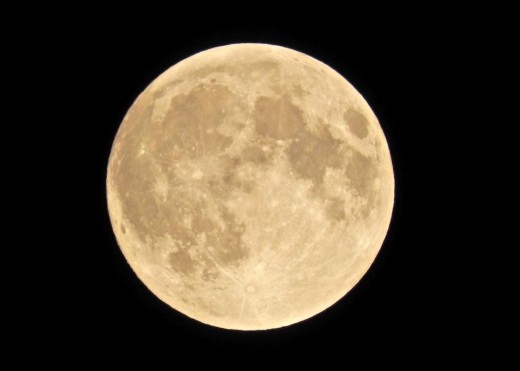
Our closest neighbour
Take a few minutes tonight to do something for me, I'm sure you're going to enjoy it, though you might wonder why I'm asking it? That's easy, there are some things we just take for granted, and we shouldn't they're things we often think we know a lot about or enough about, and don't really want to know much more, yet take the time to dig a little and we'd be totally amazed at how little we actually know.
One of those things will be the thing that catches your eye on a clear night, the Moon shining bright, or maybe it is not shining where you are, maybe it is not even showing its face tonight because its a moonless night, one we get every twenty-eight days or so.
Take a moment
I'm not going to tell you what to think, I'll leave that up to you, If you've got friends or family far away, you likely are thinking that the same Moon is looking down on them to, maybe you utter a silent prayer, "Keep 'em safe" not really at the Moon, but at the one who made it, or maybe you sit in wonder and marvel at the beauty we see in the night sky, that choice is yours, all I want for you it to take a moment to wonder.
So near, yet so far
The Moon is the only celestial body in the night sky that isn't named after some 'god' or other, most are named after the Roman gods, but the occasional one crops up from the Greek or even the Viking pantheon, actually just checking and it turns out that the moon in some ways is named after the Roman 'god' Luna who guess what, she was the goddess of the moon!
The name we use most often though is actually from the old English, that word comes from an even older word from the proto-Indo-European word 'Menses' which translates "Month"
It's the one time where an 'Old English' word actually pre-dates the Latin and Greek words we could have used, by the way, the Moon didn't actually officially get the title until 1909 when the International Astronomical Union was given the task of naming the celestial bodies we knew about and standardizing their names. Until then the Moon was known mostly by that name, but also the name 'Luna' (Roman) and Seleste (Greek)
At its nearest point, the Moon is 225,000 miles away, but its orbit isn't totally circular and at the furthest point it's 252,000 miles away. Yep, that's right the orbit is more like an egg shape than that of a circle, but things get a little stranger as we go.
What's so special about it?
I can hear some people saying, "Yeah, so what, we been there, what's so special about the place?"
Well, its the fact we went there, and what we found that makes the place so special. See until a man stepped on the Moon we thought that it was much like Earth, only without an atmosphere, I mean they're so close they have to be made of the same stuff right?
Partly true
As well as taking men to the Moon, part of the mission remit for the Apollo missions was to bring some of the Moon back to us. In total the six missions that landed on the Moon (Apollo 13 didn't land as there was an emergency on the spacecraft that resulted in one of the most spectacular missions in NASA's history) they brought back around 300 kilograms of Moon rock, that's just over a quarter of a ton.
Not just a quarter of a ton from one location, but over 2,000 samples from at least six sites, we got a good idea of what the Moon was made of, and what we found blew us away!
The same, and different!
Parts of the Moon were almost identical to Earth, but there were some parts that we do different they could not have been from Earth, how can you get that, a place almost identical in parts, yet other parts so radically different they have to be extraterrestrial in origin!
Enter the Soviets
The Soviets actually got to the moon first, back in 1962, but they went with an unmanned probe and intentionally crashed it into the Lunar surface, they just wanted to know if they could get there, they did, and they kept sending probes right up to the late 1970s.
Their probes also sent back samples, though not as many, they were from different sites, and their findings were the same as the American ones, but with a slight difference, they added many more sites into the picture, and threw a spanner into the works of the first theory of how we got our Moon!
1In the beginning God created the heavens and the earth. 2 Now the earth was formless and empty, darkness was over the surface of the deep, and the Spirit of God was hovering over the waters.
— Genesis chapter 1 verses 1 and 216 God made two great lights—the greater light to govern the day and the lesser light to govern the night. He also made the stars. 17 God set them in the vault of the sky to give light on the earth, 18 to govern the day and the night, and to separate light from darkness. And God saw that it was good. 19 And there was evening, and there was morning—the fourth day.
— Genesis Chapter 1 verses 16-19The two theories
The first Theory of how Earth got her Moon (Remember, both Mercury and Venus don't have any, and Mars might have two, but they're just asteroids captured in her orbit, they're only a few hundred yards across, the Moon is over a thousand miles across) is that early in the life of the planets the Earth was hit a 'glancing blow' by a huge passing asteroid that took part of the Earth away, and formed a new satellite, but that didn't explain how everything on the Moon's surface could be so 'mixed up'.
If that one was right then most of the stuff that came from Earth should be all in one or two areas, but it isn't! It's all over the body!
Formed inside the Earth!
Ya gotta be kidding right?
Actually no, that's the present theory, but there's a way of explaining it, let's go back to Genesis, in Chapter one the Earth is created in verse one, but by verse two it's lost it's 'form' and is totally void. Almost as if God was starting over again right (Just a comment, don't read anything into it)
The present theory is that the early Earth didn't take so much a 'glancing blow' as a direct hit, and one so hard it literally vaporised the whole planet but wasn't quite strong enough to break everything free from the gravity the mass created.
The whole Earth was turned into dust, but gradually that dust began to settle and gravity took charge condensing the two, eventually, the smaller body of the two was ejected from the mass that continued to condense and became the Earth, the ejected mass became the Moon that we have.
How the Earth and the Moon formed
Who's been there?
So far five nations have launched missions to the Moon, both the Soviets and the Americans got there fifty years ago. The Americans were there for a few years with six landings of the Apollo missions, but the Soviets were there with unmanned probes for about a decade.
The last few years three other nations attempted missions to the Moon, China successfully landed a rover on the far side of the Moon, but something seems to have gone wrong with both Israel's 'Beereshit' mission (Hebrew for Genesis, or as close as I can transliterate) and India's mission, though the Indians are hoping they can still get their rover working.
China is the first nation to explore the far side of the Moon, that side is constantly facing away from us, so we've never actually seen it, though it does have a 'day' as the Moon orbits the earth every 28 days, the Moon's 'day' is 28 of ours long!
Why is this important?
Okay, so big deal, the Earth and the Moon formed in one big collision, so what? what does it mean for us today?
It's pretty certain that in the next few years Man is going to be heading back out into space, and this time he's heading out to build colonies! he's going out there for two reasons, one because he can and he's an explorer at heart, and two because we are fast running out of resources here on Earth.
I'm not talking about Oil and Coal, stuff we can do without anyway, How about Iron, Chrome, Titanium and the like? All three of these are known to be there on the Moon, not to mention Water and Oxygen. Though the Oxygen is actually trapped in the rocks.
Then there are the materials we don't find a lot of on Earth that having a base on the Moon will make it much easier to get at, materials like Gold, Uranium, and other elements found in Asteroids.
Far, yet near
The Moon is far enough away for us to be able to test out new technologies to their fullest extent, and it will be dangerous, but yet near enough that if things don't go as well as we hope, then we can get the people back before too much damage is done.
Why?
The Moon is roughly one third the size of the Earth, it's one of the biggest 'Moons' in the solar system, and the fact that it has gravity is a huge bonus as we launch out to colonize our solar system.
Man is still working on how to live in low gravity, or 'microgravity' as its called, but living with a third of the Earth's gravity while it might take a bit of getting used to, won't be as hard as living in microgravity. Our Moon is the perfect place for our first steps into the cosmos, a place where we can learn what will be needed as we launch out for the stars.

